Betrodd av miljøbevisste nordmenn siden 2018

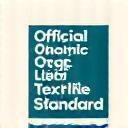
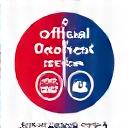

Vi er stolte av våre sertifiseringer og det fellesskapet vi har bygget rundt bærekraftig mote. Les hva våre kunder sier på Trustpilot.
Komplette løsninger for din bærekraftige garderobe
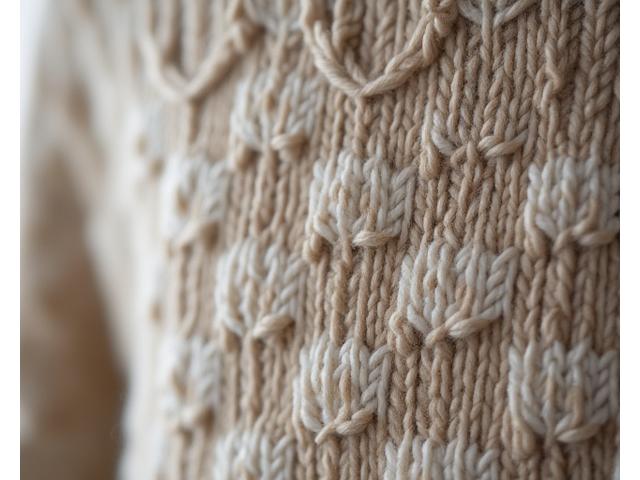
Strikkedesign
Opplev den unike kombinasjonen av tradisjonelle norske mønstre og moderne, bærekraftige ullkvaliteter. Våre strikkeplagg er skapt for komfort og holdbarhet.
Lær mer
Skreddersøm
Få plagg som passer perfekt til deg, laget med etisk ansvarlige materialer og presisjonshåndverk. Fra formelle antrekk til hverdagsplagg, skreddersydd for din stil.
Lær mer
Utendørsmote
Utforsk naturen med god samvittighet i våre funksjonelle og robuste klær, designet for det nordiske klimaet. Vannavstøtende, pustende og bærekraftig.
Lær mer
Tekstilinnovasjon
Vi driver forskning og utvikling av nye miljøvennlige tekstiler, fra resirkulerte materialer til innovative plantebaserte fibre for fremtidens mote.
Lær mer
Småskala produksjon
For designere eller merker som ønsker bærekraftig og etisk produksjon i mindre volum, tilbyr vi skreddersydde løsninger og høyeste kvalitet.
Lær merNorsk arv møter moderne innovasjon
Hos Fjordklær Design er vi dypt forankret i Norges rike tekstilarv, men vi ser alltid fremover. Vi tolker tradisjonelle teknikker og mønstre med en moderne vri, og skaper stiler som både hedrer fortiden og omfavner fremtiden.
Fra de intrikate selburose-mønstrene til de funksjonelle fiskertrøyene, hver kolleksjon forteller en historie om norsk natur og kultur. Vi samarbeider tett med lokale håndverkere, designere og leverandører, som sikrer at hvert plagg ikke bare er bærekraftig, men også autentisk norsk.
Les om vår inspirasjon fra Bergen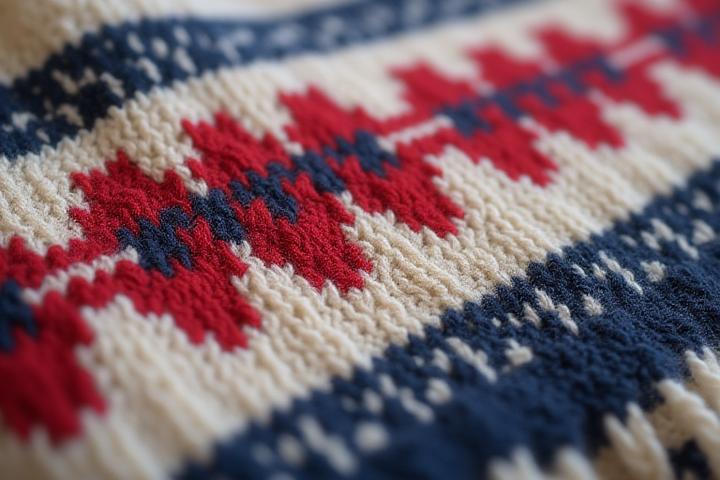

Beregn din miljøgevinst med Fjordklær
Transformerte garderober, fornøyde kunder

Fra overflod til bevissthet: Sara fra Oslo
Sara, en travel arkitekt fra Oslo, ønsket å forenkle sin garderobe og redusere sitt miljøavtrykk. Vi hjalp henne med å designe en tidløs kapselgarderobe med 15 nøkkelplagg av økologisk bomull og sertifisert ull.
• Redusert klesforbruk med 70% • Stil: Klassisk, minimalistisk
Les hele historien
Eventyrklare: Familien Haugen fra Bergen
Familien Haugen elsker fjellturer og trengte robuste, men komfortable klær. Vi skreddersydde en kolleksjon med værbestandig yttertøy og pustende mellomlag, alt laget av resirkulerte og økologiske materialer.
• Perfekt tilpasset hele familien • Motstandsdyktig mot tøffe værforhold
Les hele historien
Grønn lansering: EcoStil Startup
EcoStil, en ny norsk startup, valgte Fjordklær Design for å produsere sin første linje av bærekraftige t-skjorter og gensere. Vår småskalaproduksjon sikret kvalitet og etikk fra første sting.
• 1000 plagg produsert • Positiv mottakelse i markedet
Les hele historienFra fjordinspirert skisse til ferdig plagg

Ditt visjon møter vår ekspertise. Vi diskuterer dine behov og bærekraftsmål.
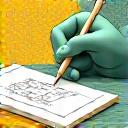
Fra skisse til digital modell, vi skaper et unikt design skreddersydd for deg.

Vi velger kun de beste, sertifiserte og etisk produserte materialene.

Våre håndverkere bringer designet til live med presisjon og omtanke.

Hvert plagg gjennomgår grundig kvalitetskontroll før det sendes til deg.
Eksperter på bærekraftig design og norsk håndverk

Solveig Jensen
Grunnlegger & Kreativ Direktør
Med bakgrunn fra tekstilindustrien i Norge og Italia, kombinerer Solveig internasjonal visjon med en dyp kjærlighet for norsk arv.

Markus Hansen
Sjefdesigner
Markus er vår mester i mønster og silhuett, med en spesiell evne til å integrere bærekraftige materialer i moderne, funksjonelle design.

Ingrid Nilsen
Leder for Tekstilinnovasjon
Møt Ingrid, vår drivkraft bak forskningen på fremtidens bærekraftige tekstiler. Hun sikrer at vi alltid ligger i forkant av innovasjonen.
Kundenes erfaringer med Fjordklær
Ofte stilte spørsmål om bærekraftig mote
Gratis ressurser for bærekraftig mote
Fordyp deg i verden av miljøbevisst klesvalg med våre eksklusive nedlastbare guider og rapporter. Lær hvordan du bygger en varig, etisk garderobe.

Bygg din egen kapselgarderobe
En komplett guide til å forenkle din stil og redusere miljøavtrykket ditt.
Last ned PDF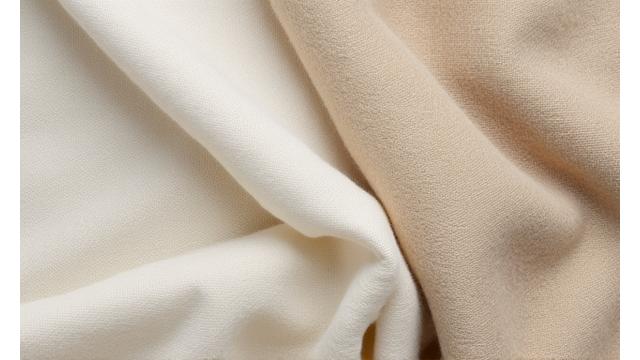
Materialguide for bærekraftig mote
Utforsk de beste bærekraftige materialene og deres fordeler.
Last ned PDF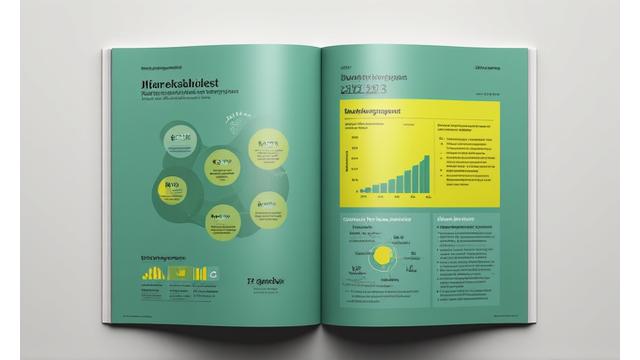
Klar for din bærekraftige garderobe-transformasjon?
Kontakt Fjordklær Design i dag for en uforpliktende konsultasjon. La oss sammen skape en garderobe som reflekterer dine verdier og vår inspirasjon fra Bergens unike natur.
Send oss en melding
Foretrekker du å snakke?
- +47 55 42 81 90
- sales@fjordklaer.no
- 387 Strandveien, 4. etasje, 5004 Bergen, Norge



